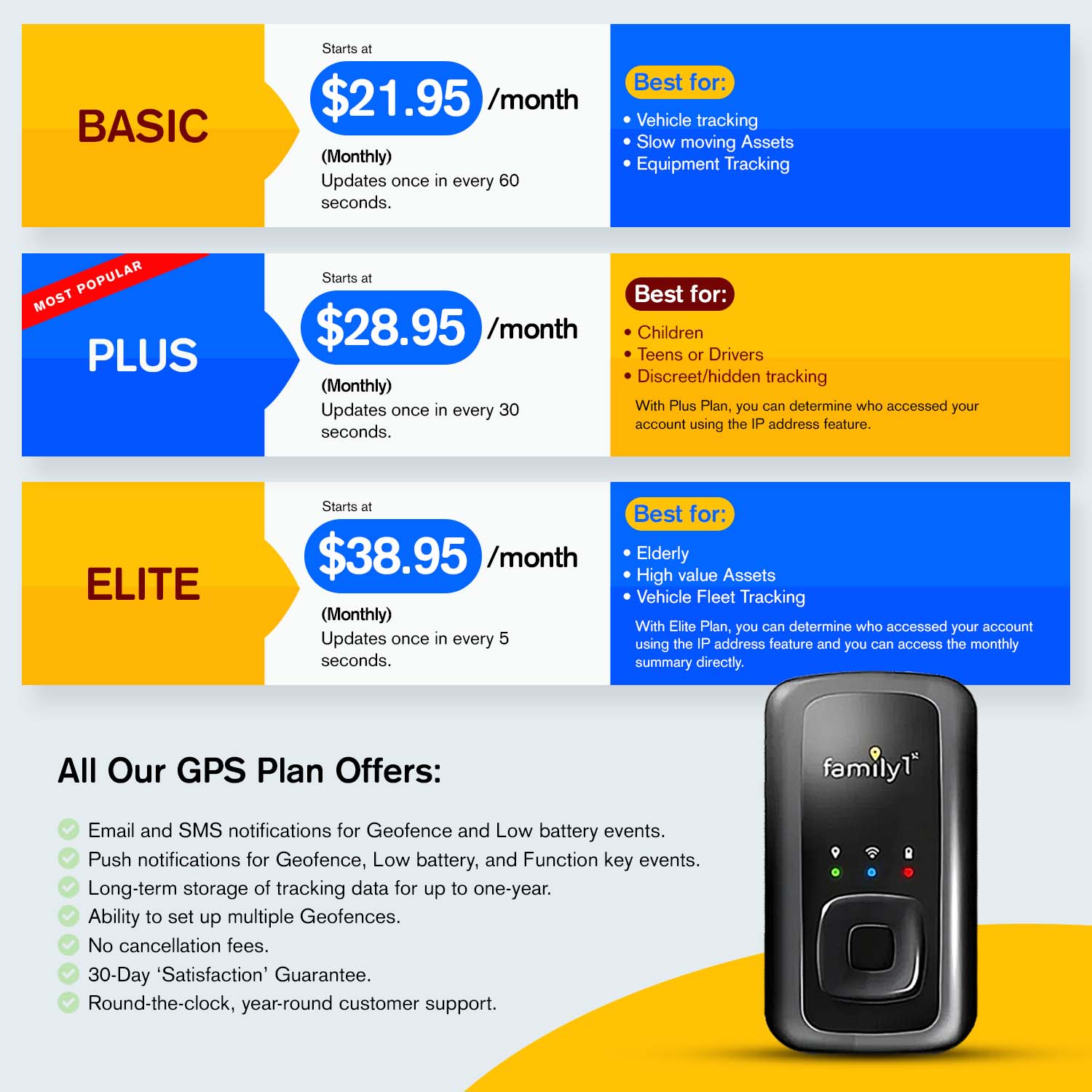Application of GPS includes navigation, logistics, farming, healthcare, and emergency response, providing accurate tracking and real-time data. It improves transportation, enhances safety, and optimizes operations in these fields.
Businesses use GPS for fleet tracking, delivery management, city planning, and military operations, ensuring efficiency and security. As technology advances, GPS continues to improve accuracy, automation, and global connectivity.
What is GPS and How Does It Work?
GPS (Global Positioning System) is a satellite network that provides location and time data worldwide. It works by sending signals from at least 24 satellites to GPS receivers in devices like phones and cars.
A GPS receiver calculates its position by measuring the time it takes for signals from multiple satellites to arrive. Using data from at least four satellites, it determines latitude, longitude, altitude, and speed.
Read More: Everything about GPS and How it works
9 Applications of GPS
1. GPS in Navigation and Travel
GPS has changed how we move from one place to another.
-
Driving & Biking: Apps like Google Maps and Waze provide turn-by-turn directions, live traffic updates, and estimated arrival times.
-
Public Transport & Ride-Sharing: Buses, trains, and taxis use GPS to update passengers on arrival times. Uber and Lyft depend on GPS for finding drivers and optimizing routes.
-
Air & Sea Travel: Pilots and sailors use GPS for navigation, improving safety and efficiency.
2. GPS in Delivery and Logistics
Businesses rely on GPS to track vehicles, shipments, and deliveries.
-
Fleet Tracking: Companies monitor trucks and delivery vans in real-time to cut costs and improve efficiency.
-
Cargo Tracking: GPS prevents theft by tracking shipments and valuable assets.
-
Faster Deliveries: GPS helps optimize supply chains, reducing delays and improving customer satisfaction.
3. GPS in Farming
Modern farming is smarter with GPS, increasing productivity and saving costs.
-
Precision Farming: GPS guides tractors to plant, water, and harvest crops with precision.
-
Livestock Tracking: Farmers use GPS collars to monitor cattle and prevent loss.
-
Drone Farming: GPS-powered drones assess crop health and help with pest control.
4. GPS in Emergency Response and Disaster Relief
GPS helps save lives by improving emergency response times.
-
Search & Rescue: GPS locates missing persons, hikers, or lost boats.
-
Disaster Relief: Agencies use GPS to map affected areas and coordinate aid.
-
Weather Monitoring: Meteorologists use GPS to track storms, hurricanes, and climate changes.
5. GPS in Healthcare
Hospitals and caregivers use GPS for patient care and medical logistics.
-
Ambulance Navigation: GPS helps emergency vehicles reach patients faster.
-
Patient Monitoring: GPS wearables track Alzheimer's patients or those with medical conditions.
-
Equipment Tracking: Hospitals use GPS to locate medical devices, reducing loss and improving availability.
6. GPS in Sports and Fitness
Athletes and fitness enthusiasts use GPS for performance tracking and safety.
-
Running & Cycling: Smartwatches and apps track distance, speed, and elevation.
-
Adventure Sports: Hikers and mountaineers use GPS for navigation and emergency assistance.
-
Team Sports: GPS sensors in uniforms analyze player movements for better training.
7. GPS in Defense and Military Operations
Originally developed for military use, GPS remains critical for defense.
-
Navigation & Coordination: Troops use GPS to move safely and track locations.
-
Missile & Drone Targeting: GPS ensures precision in military operations.
-
Surveillance & Reconnaissance: GPS-powered drones gather intelligence and track threats.
8. GPS in Smart Cities and Infrastructure
Cities use GPS to improve transportation, safety, and urban planning.
-
Traffic Management: GPS helps reduce congestion by adjusting signals and guiding drivers.
-
Public Safety: Law enforcement uses GPS to track patrol cars and locate stolen vehicles.
-
Construction & Land Surveying: Engineers use GPS for precise planning and mapping.
9. GPS in Everyday Life
Beyond industries, GPS improves daily activities.
-
Location-Based Services: Apps like food delivery and social media use GPS to enhance user experiences.
-
Parental Tracking: GPS helps parents monitor children’s locations for safety.
-
Geocaching & Gaming: GPS powers interactive games and treasure hunts like Pokémon GO.
Conclusion
GPS is a crucial technology that improves navigation, logistics, farming, healthcare, and many other fields. It makes daily tasks easier, enhances safety, and helps businesses operate more efficiently.
As technology advances, GPS will become even more accurate and widely used. From smart cities to personal safety, its impact will continue to grow in everyday life.





